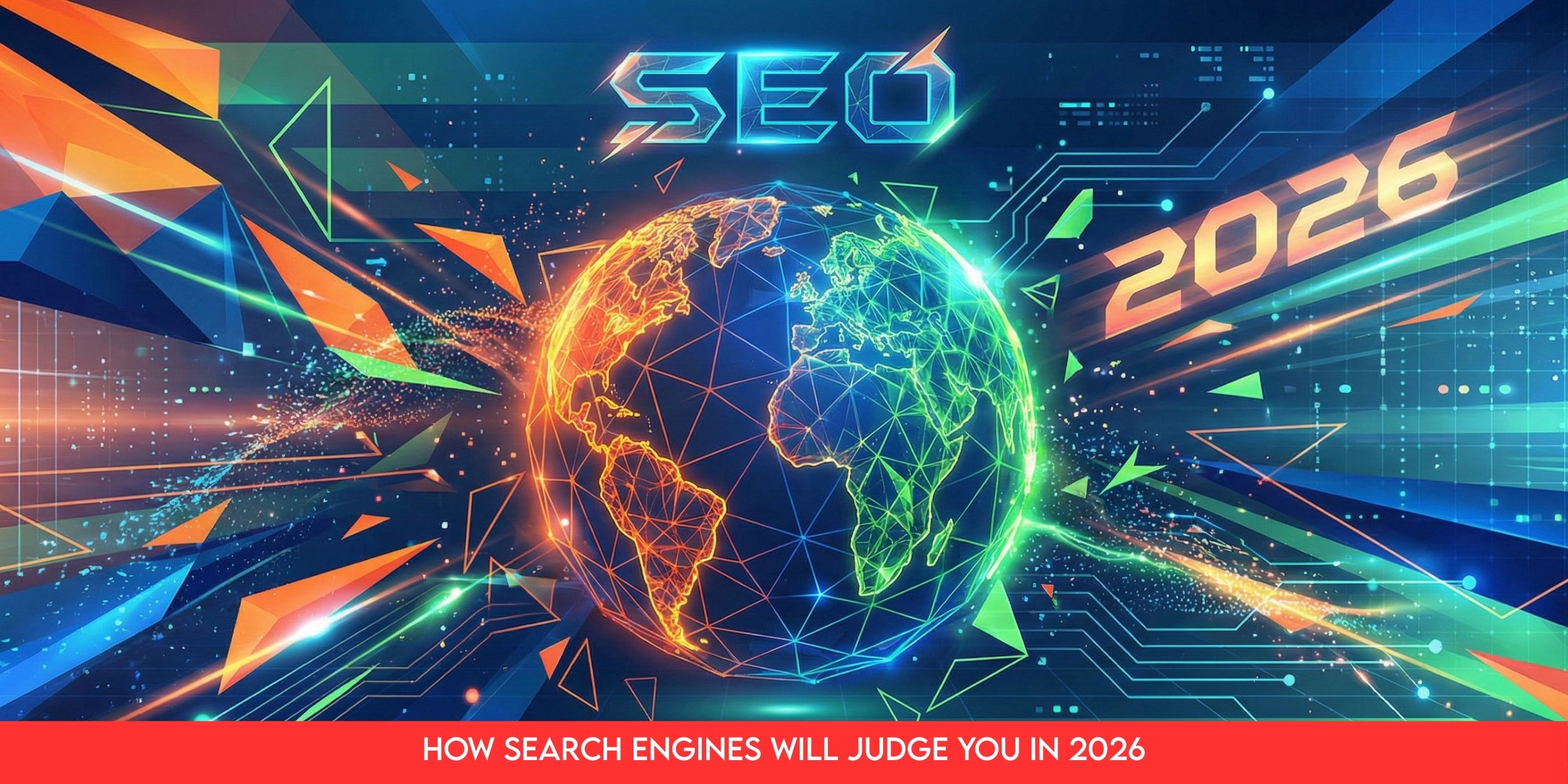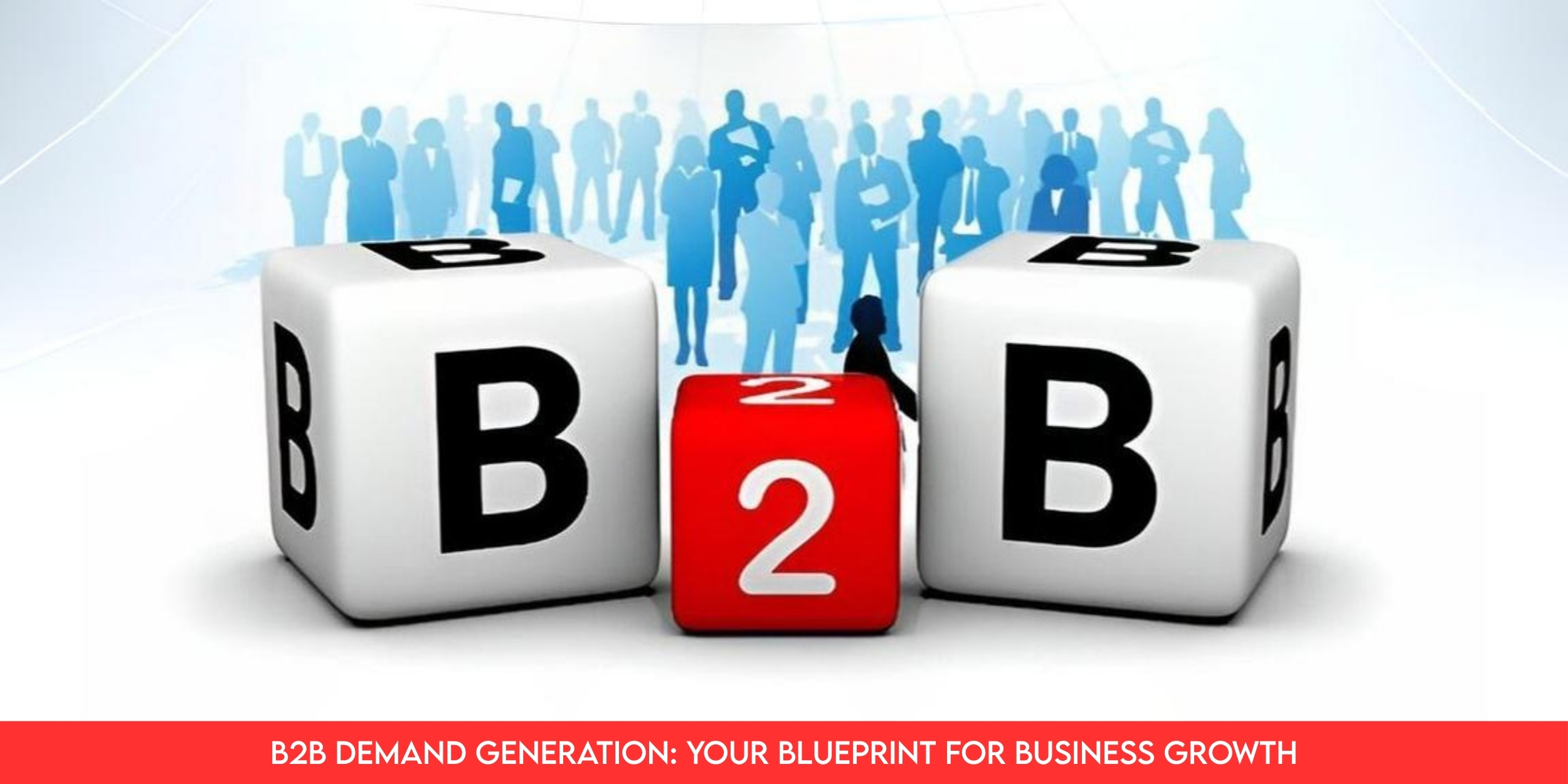
You can feel it already. Search isn’t the same.
People ask questions. AI tools answer them. And suddenly your link sits on page two, wondering what happened.
If you work with SEO, that hurts a little. Because you put effort into it. You wrote, tested, edited, and stayed patient. Yet the rules keep shifting.
Now you want the truth.
How will search engines judge you in 2026?
How will they decide who deserves attention and who fades out?
Let’s walk through it together. No fluff. No false hope. Just what matters.
Why 2026 feels different
Search engines didn’t simply release new updates.
They changed how they think.
AI search rewired the way answers are delivered. Instead of ten blue links, users often see one short summary. That summary pulls insights from pages across the web. Sometimes those pages never get the click. The shift stings, but it also creates space for new winners.
In 2026, your work will be judged by one thing above all:
How much real value do you create for a human being?
Not the algorithm. Not the bot. The person behind the screen.
And yes, that sounds emotional. Because it is.
How search engines will judge content and creators
Everything now points toward helpfulness.
Not surface-level advice. Not rewritten explanations. Actual guidance.
Search systems will filter creators the way people do:
• Do you sound like you’ve lived it?
• Do you care enough to explain it clearly?
• Do you show truth, not empty opinion?
• Do you stay consistent?
In 2026, ranking feels less like tricking a system and more like earning trust.
Search engines now track signals that mirror human instinct.
If your content reads like a script with no soul, they will know.
If your site answers a question with care and proof, they will know that too.
New ranking signals shaped by AI search
AI summaries pick content that gives clean, confident answers.
Not long rambles. Not keyword walls.
They want clarity.
Expect these signals to rise:
1. Precision
Short direct sentences help.
The model reads them faster.
Humans feel the clarity.
2. Verified expertise
Anonymous posts weaken trust.
Creators with visible experience, real stories, and proof will stand out.
3. Consistent tone
Your voice matters more.
If it feels cold or copied, the system backs away.
If it feels human, you stay in play.
4. Structured data
Schema markup acts like a label for your content.
It helps AI place you inside summaries, answers, and quick views.
5. Intent depth
If someone searches for guidance, your page must go deeper than basic advice.
People want explanations, examples, and context.
6. Engagement
Yes, they measure reading patterns.
Do people scroll?
Do they pause?
Do they leave fast?
Those signals shape your position more than before.
The shift from keywords to intent
In 2026, keywords act like simple pointers.
Intent carries the weight.
Two people can use the same keyword with different aims.
Search systems read behavior to understand which meaning fits best.
You stand out by answering the intent behind the phrase, not the literal phrase.
If someone asks:
“Why is my SEO dropping?”
They aren’t asking for definition.
They are asking for help, reassurance, and action.
So you speak like a human:
Tell them why it’s happening.
Tell them it happens to many sites.
Tell them what they can fix today.
That style connects.
Search engines see the connection.
And they reward it.
Why authority will matter more
Authority in 2026 isn’t about backlinks alone.
It’s about proof of experience.
Your voice, your background, the quality of your explanations, and the consistency of your work all create a pattern.
Search engines read that pattern the way people size up a new expert.
If you teach SEO, they want to know:
• Have you done SEO campaigns yourself?
• Do you share real outcomes?
• Do you admit mistakes?
• Do you update old content?
Authority becomes emotional.
People trust those who speak with clarity and honesty.
Search systems follow that instinct.
How to win trust in an AI-filtered world
Trust comes from transparency.
Show your name.
Show your reasoning.
Show how you reached your conclusion.
Show what happened when you tested something.
People want to feel you’re guiding them, not selling them hope.
In 2026, trust might be the strongest ranking signal of all.
Experience as a ranking edge
Experience means you lived the thing you’re talking about.
Not theoretically.
Not “according to research.”
You actually saw it.
Search engines now look for:
• first-person tone
• original advice
• case stories
• examples you can’t fake
• insights you only get through practice
AI can summarize general knowledge.
But it can’t replace lived experience.
This is where human creators win.
Technical and UX expectations
Search engines grew strict about performance.
Slow sites fall behind.
Sites with messy navigation drop harder.
Your technical foundation must feel clean:
• fast loading
• steady layout
• responsive design
• simple structure
• safe browsing features
• accessible content
You don’t need perfection.
You need consistency.
Technical SEO won’t make you a star by itself.
But without it, the rest collapses.
What to stop doing
You can leave these behind:
• long intros with no purpose
• keyword stuffing
• robotic tone
• recycled advice
• generic tips
• anonymous publishing
• fluff paragraphs
2026 SEO rewards clarity, courage, and honesty.
If you write from fear, you disappear.
What to start doing
Here’s what helps:
• Write like you’re helping a real person who feels stuck
• Show what you learned from your own mistakes
• Keep paragraphs short
• Use examples that reveal your thinking
• Add schema to give engines clean signals
• Create answers that fit inside AI summaries
• Update old content often
Your goal isn’t to sound perfect.
Your goal is to sound real.
FAQs
How will SEO change in 2026?
Expect search engines to focus more on user intent, trust, experience, and content clarity. AI summaries will shape visibility.
Will keywords still matter in 2026?
Yes, but lightly. They guide the search system, not control it. Intent and clarity matter more.
Is AI search replacing traditional SEO?
AI search reshapes discovery, but it doesn’t remove the need for content. It pushes creators to produce honest, helpful guidance.
How do I stay visible in 2026?
Focus on expertise, authentic writing, structured answers, and consistent updates. Avoid generic content.
Short AEO Checklist
Answerable FAQs
Provide clear, direct replies to common questions users ask.
Schema markup
Add FAQ schemas, article schemas, and breadcrumbs schemas for cleaner signals.
Concise 40–80 words answer blocks
Create short sections that AI systems can pull into summaries.
Structured sections
Use clear headings so search engines recognize topic flow.
Experience first
Add personal observations or simple case examples.
Intent clarity
Match the natural question behind the query.
Closing Thoughts
Search in 2026 will feel more human than ever.
People want truth.
Search engines want clarity.
Both want creators who care.
If your content shows patience, experience, and a little heart, you stand a real chance.
SEO isn’t disappearing.
It’s becoming personal.
You’re not writing for bots anymore.
You’re writing for people who want help.
Do that well, and search engines notice.




